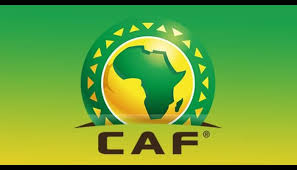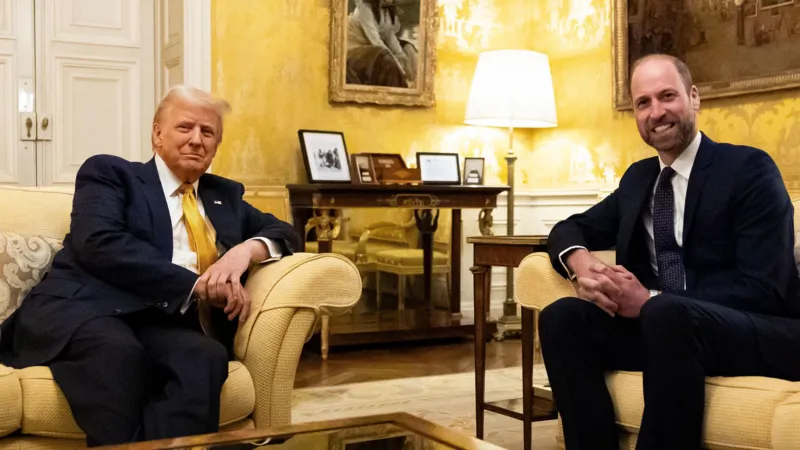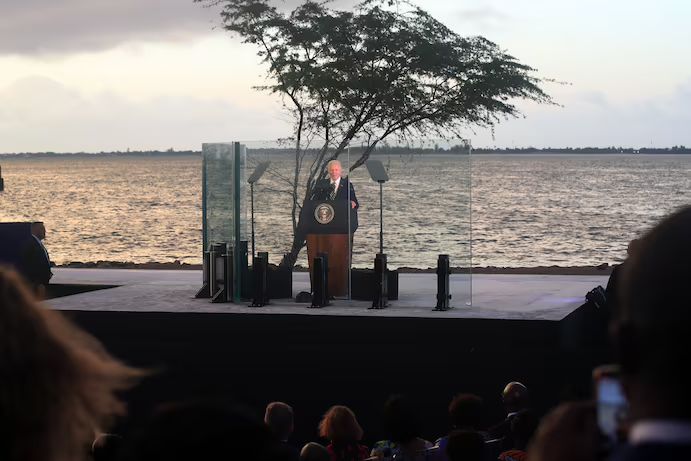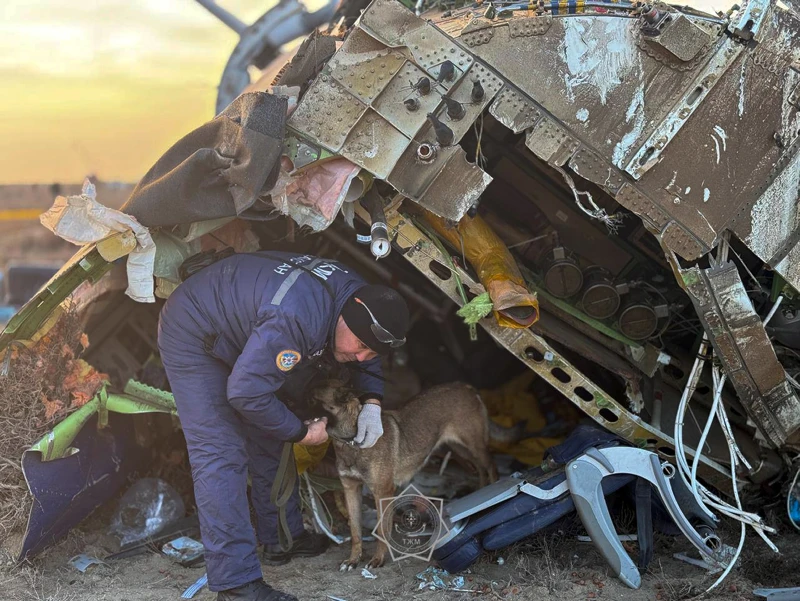Super Eagle Mistreated In Libya
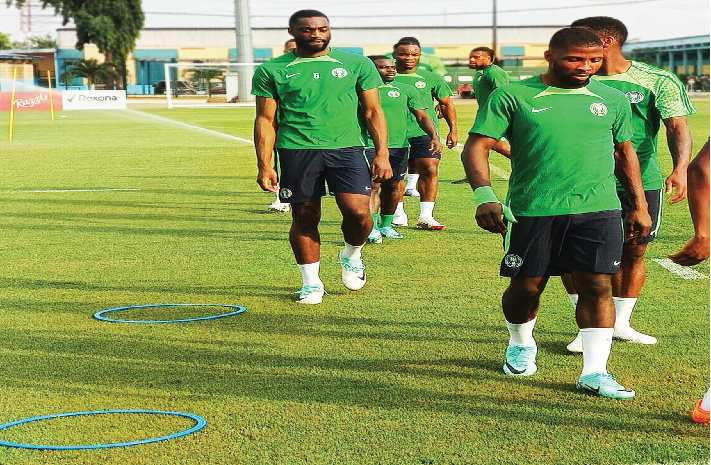
The Nigerian Super Eagles found themselves trapped at a remote and seemingly abandoned airport in Libya, mere hours before their much-anticipated AFCON qualifier against Libya. The team’s plane, originally meant to land at Benghazi Airport, was mysteriously diverted to Al Abraq Airport, a move that seemed calculated to disrupt the Nigerian delegation’s arrival and throw off their game.
As the players and staff languished at the airport for more than 12 hours with no food, drink, or communication, a sense of anger and disbelief began to build among the team.
With a chorus of frustrated voices rising among the players, the stalemate at Al Abraq Airport started to gain global attention. Nigerian defender William Troost-Ekong, the team’s captain, took to Twitter to voice his outrage at the blatant mistreatment of the Super Eagles and to announce that the team would be refusing to play the match.
Despite calls for intervention from the Nigerian government and an appeal to CAF to review the situation, the team remained resolute in their decision to boycott the game and return home.
The Nigerian team’s decision to boycott the game sent shockwaves throughout the football world, igniting a heated debate over the role of politics in sports. The Libyan government’s apparent orchestration of the diversion and subsequent mistreatment of the Nigerian delegation only added fuel to the fire, raising serious concerns about the safety and fair treatment of players during international competitions.
As the controversy simmered, CAF faced mounting pressure to address the situation, with many calling for a thorough investigation and appropriate sanctions to be imposed on the Libyan authorities.
The Nigerian Super Eagles’ decision to boycott the game was a courageous act of protest, highlighting the fragility of international sports and the need for ethical standards to be upheld. In the aftermath, questions arose about the responsibility of hosting nations to provide a safe and welcoming environment for visiting teams, as well as the role of governing bodies like CAF in addressing instances of political interference and mistreatment.
The fallout from the Nigerian Super Eagles’ boycott of the game in Libya underscored the intricate connections between sports, politics, and international diplomacy. As the world watched, the events in Al Abraq Airport exposed a complicated web of power dynamics and raised serious questions about the state of African football.
The Super Eagles’ actions not only brought attention to the treatment of visiting teams in Libya, but also sent a powerful message to the international community about the importance of respecting athletes and sports as vehicles for cultural exchange and unity.


